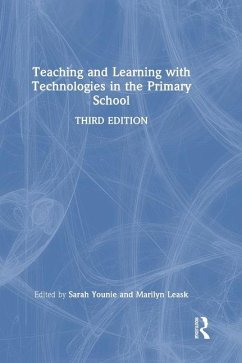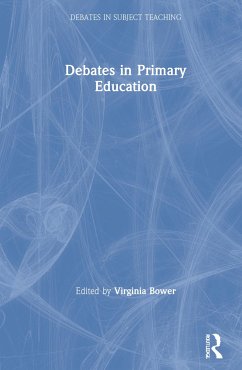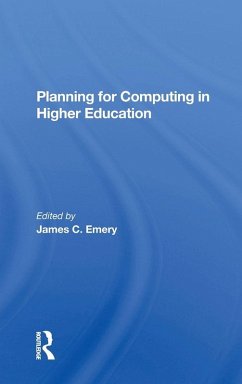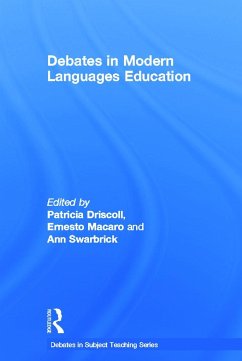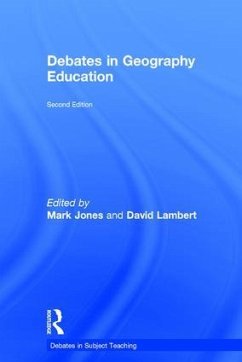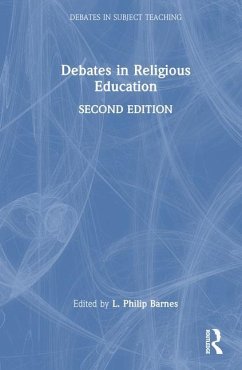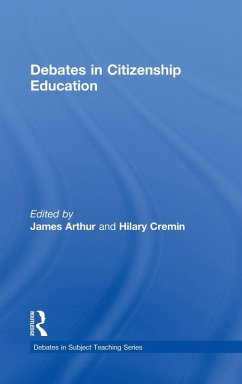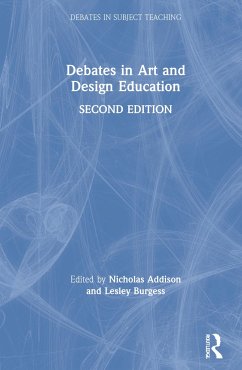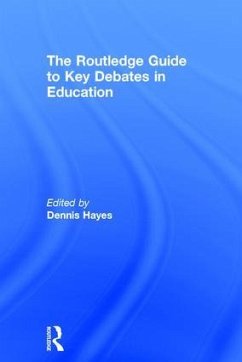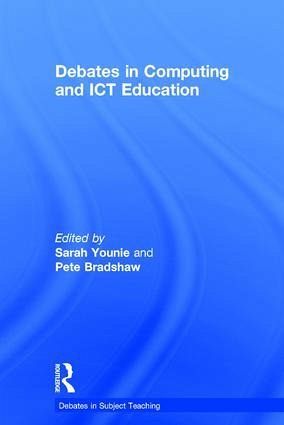
Debates in Computing and ICT Education
Versandkostenfrei!
Versandfertig in 1-2 Wochen
167,99 €
inkl. MwSt.

PAYBACK Punkte
84 °P sammeln!
Debates in ICT and Computing Education explores the major issues teachers encounter in their daily professional lives. It encourages critical reflection and aims to stimulate both novice and experienced teachers to think more deeply about their practice, and link research and evidence to what they have observed in schools.





